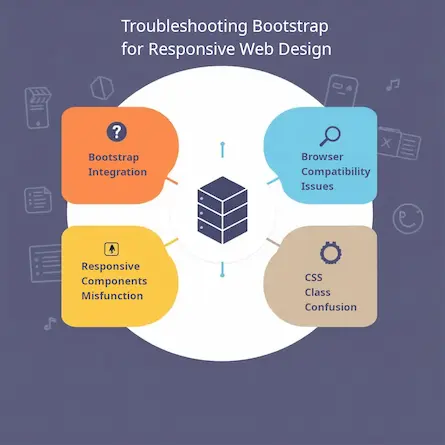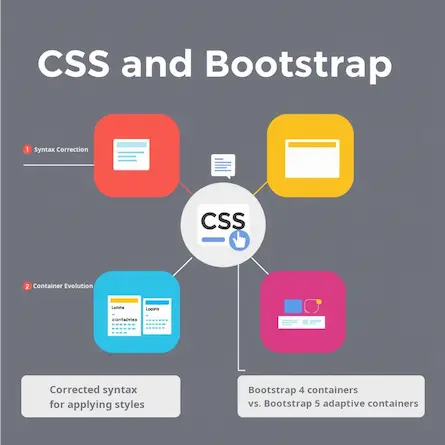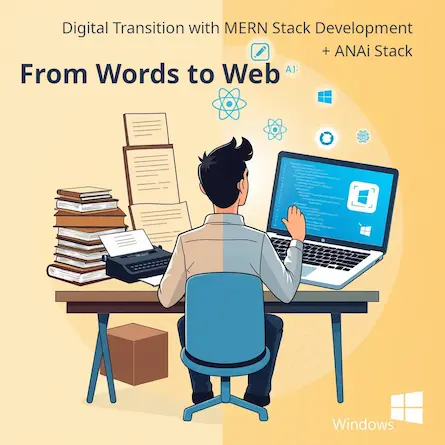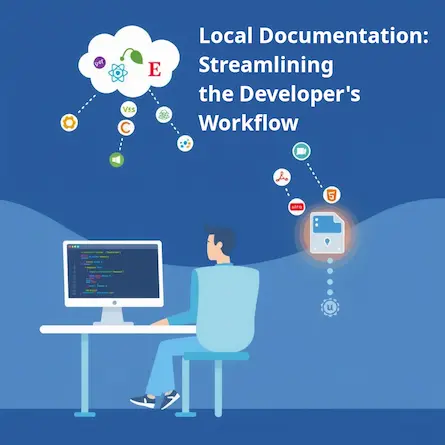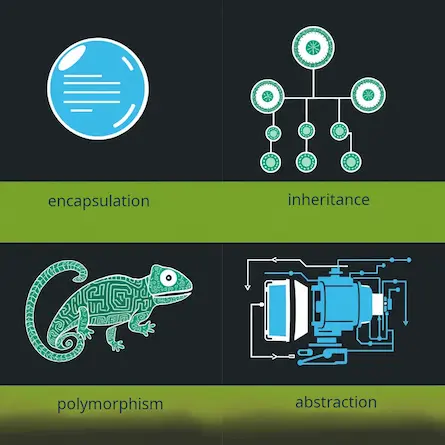
Exploring OCaml: A Functional Approach to Web Development
Exploring OCaml: A Functional Approach to Web Development
Introduction: Unveiling the Power of Functional Programming in Web Development
In the ever-evolving landscape of web development, where performance, scalability, and code reliability are paramount, an unlikely contender has emerged from the realm of functional programming: OCaml. This article delves into the world of OCaml, exploring its unique position in web development and uncovering the advantages it brings to both seasoned developers and newcomers alike.
What is OCaml?
OCaml, short for Objective Caml, is a multi-paradigm programming language that seamlessly blends functional, imperative, and object-oriented programming styles. Born from the ML family of languages, OCaml has matured into a powerful tool that offers:
- Strong static typing
- Efficient compilation
- Pattern matching
- Type inference
- Modules for code organization
Its robust type system acts as a safeguard, catching errors at compile-time rather than during runtime—a critical feature for developing complex web applications.
OCaml in Web Development: Carving a Niche
While JavaScript, Python, and Ruby dominate the web development sphere, OCaml has quietly carved out its own space, offering strategic advantages in various areas:
Backend Development
OCaml shines in backend development through frameworks like:
-
Ocsigen: A comprehensive framework that allows developers to build high-performance, type-safe web applications. It uniquely handles both client-side and server-side logic within a single, cohesive system.
-
Opium: A minimalist, Sinatra-like web toolkit for OCaml that makes it easy to create fast and robust web services.
-
Dream: A tidy, feature-complete Web framework with no runtime dependencies.
These tools leverage OCaml’s strengths to create reliable and maintainable backend systems.
Frontend Development
OCaml’s reach extends into the browser through:
- ReasonML: A syntax and toolchain for OCaml that makes it more accessible to JavaScript developers.
- ReScript: A robustly typed language that compiles to efficient JavaScript, offering OCaml’s benefits in frontend development.
- js_of_ocaml (Jsoo): A compiler from OCaml to JavaScript, allowing developers to write OCaml code that runs in the browser.
These technologies offer a type-safe alternative to vanilla JavaScript, enhancing code organization and reducing runtime errors.
Full Stack Development
The true power of OCaml in web development is realized when combining its backend prowess with frontend capabilities:
- Use OCaml on the server with Ocsigen or Dream
- Employ ReasonML or ReScript for the client-side
- Share types and business logic between frontend and backend
This approach ensures consistency in coding standards and safety protocols throughout the entire application stack.
Why Choose OCaml for Web Development?
Opting for OCaml in your web development projects brings several compelling benefits:
-
Type Safety: OCaml’s static type system catches errors early, significantly reducing runtime crashes and enhancing overall application stability.
-
Performance: Compiled OCaml code can rival the speed of native applications, making it ideal for data-intensive or real-time web services.
-
Expressiveness: The language’s rich feature set allows for concise, clear, and maintainable code.
-
Pattern Matching: This powerful feature enables developers to write more robust and error-free code when dealing with complex data structures.
-
Functional Programming Paradigm: Encourages immutability and pure functions, leading to more predictable and testable code.
-
Interoperability: Tools like BuckleScript allow seamless integration with existing JavaScript codebases, easing the transition to OCaml.
Challenges and Considerations
While OCaml offers numerous advantages, it’s important to consider potential challenges:
-
Learning Curve: The functional programming paradigm and OCaml’s unique syntax may require an initial investment in learning for developers accustomed to imperative languages.
-
Smaller Ecosystem: Compared to mainstream languages, OCaml has a more limited selection of libraries and tools, which may necessitate more custom development.
-
Community Size: The OCaml community, while passionate and knowledgeable, is smaller than those of more popular languages, potentially affecting the availability of resources and support.
-
Hiring: Finding developers with OCaml experience can be more challenging, potentially impacting team scaling and knowledge transfer.
OCaml in Action: Real-World Success Stories
To illustrate OCaml’s practical applications in web development, consider these success stories:
- Facebook: Used OCaml to develop Hack, a programming language for HHVM (HipHop Virtual Machine).
- Jane Street: A quantitative trading firm that heavily uses OCaml for its trading systems and web interfaces.
- Bloomberg: Employs OCaml in its financial analysis tools, including web-based platforms.
These examples demonstrate OCaml’s capability to handle complex, high-stakes web applications in production environments.
The Future of Web Development with OCaml
As the web development landscape continues to evolve, OCaml is well-positioned to play an increasingly important role:
- WebAssembly: OCaml’s compilation to WebAssembly opens up new possibilities for high-performance web applications.
- Microservices: OCaml’s efficiency and type safety make it an excellent choice for building robust microservices architectures.
- Functional Reactive Programming: Libraries like React (via ReasonReact) align well with OCaml’s functional nature, potentially leading to more adoption in reactive frontend development.
Conclusion: Embracing the Functional Future
In a world where web development demands ever-increasing levels of performance, safety, and maintainability, OCaml emerges as a powerful contender. Its unique blend of functional purity, strong typing, and efficient compilation offers developers a robust toolkit for tackling complex web projects.
While it may not replace JavaScript or Python as the go-to language for all web development, OCaml provides a compelling alternative for projects that prioritize correctness, performance, and long-term maintainability. As more developers discover its benefits, OCaml’s role in shaping the future of web development is likely to grow, ushering in an era where functional programming principles become increasingly central to how we build for the web.
By embracing OCaml, developers and organizations can position themselves at the forefront of a paradigm shift in web development—one that promises more reliable, efficient, and elegant solutions to the challenges of our digital world.

